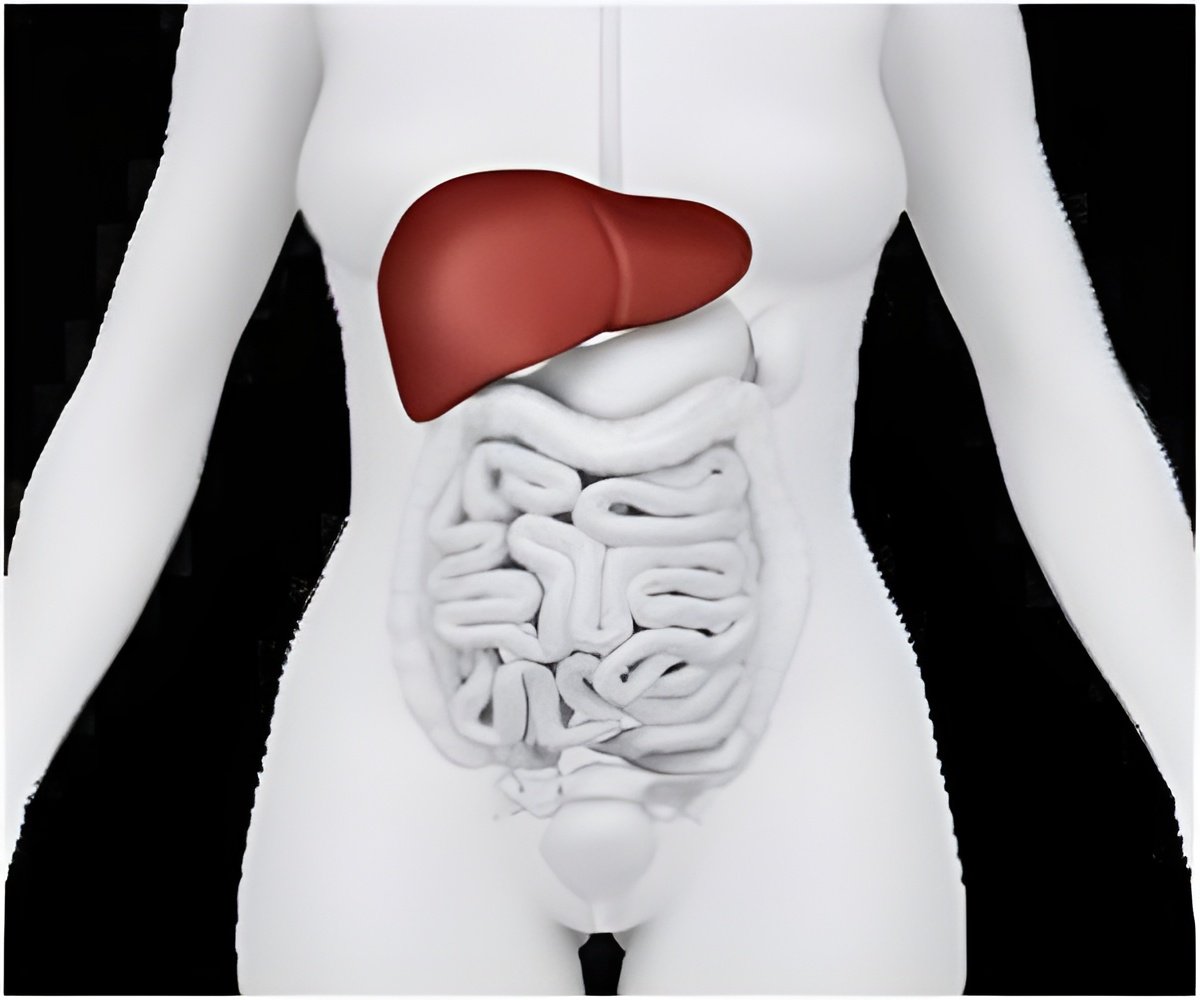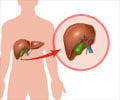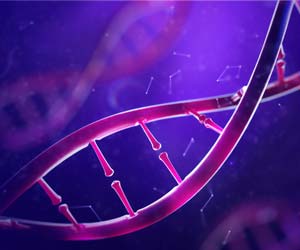New research has shed light on a key molecule called IQGAP1 that can suppress growth of liver tumors.

The discovery paves the way to newer therapies for preventing or treating liver metastases, the major cause of death from cancer.
"Tumour cells are intelligent - they talk to the cells in their surroundings to change the way they behave and make the environment supportive of cancer growth," said senior study author Ningling Kang, biochemist and molecular biologist at Mayo Clinic Cancer Centre, the Journal of Clinical Investigation reports.
"If we can disrupt the communication between the tumour cells and the tumour micro-environment, we can prevent tumour growth or metastasis in the liver," Kang was quoted as saying in a Mayo Clinic statement.
To study the effects of IQGAP1, which controls the shape and movement of cells, Kang and her colleagues implanted tumour cells into the livers of mice genetically engineered to lack the molecule.
The implanted tumour cells still had the molecule, but the cells that made up the tumour microenvironment did not.
Advertisement
Kang and colleagues showed that IQGAP1 interacts with and suppresses a powerful signalling molecule called TGF-beta receptor that tells normal cells that surround a tumour cell to become tumour-promoting cells.
Advertisement















